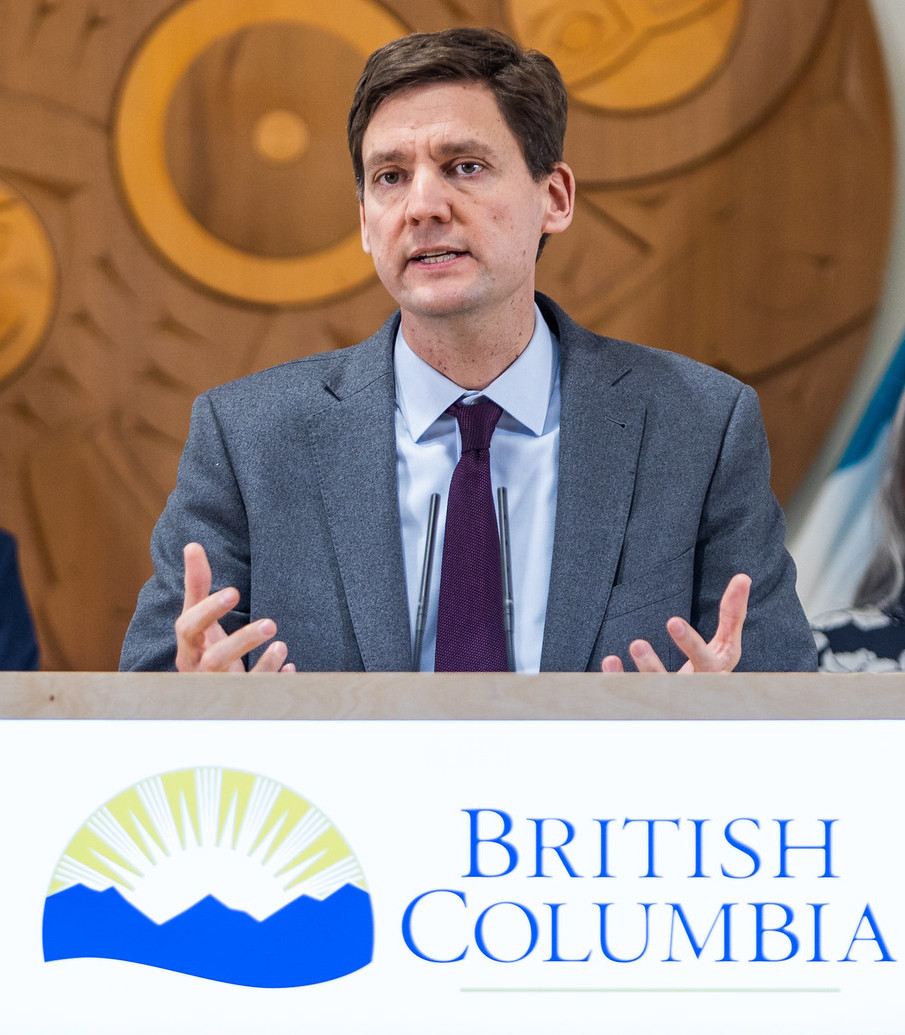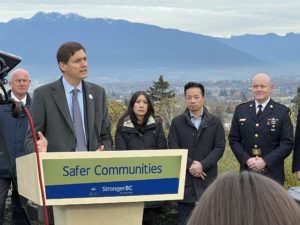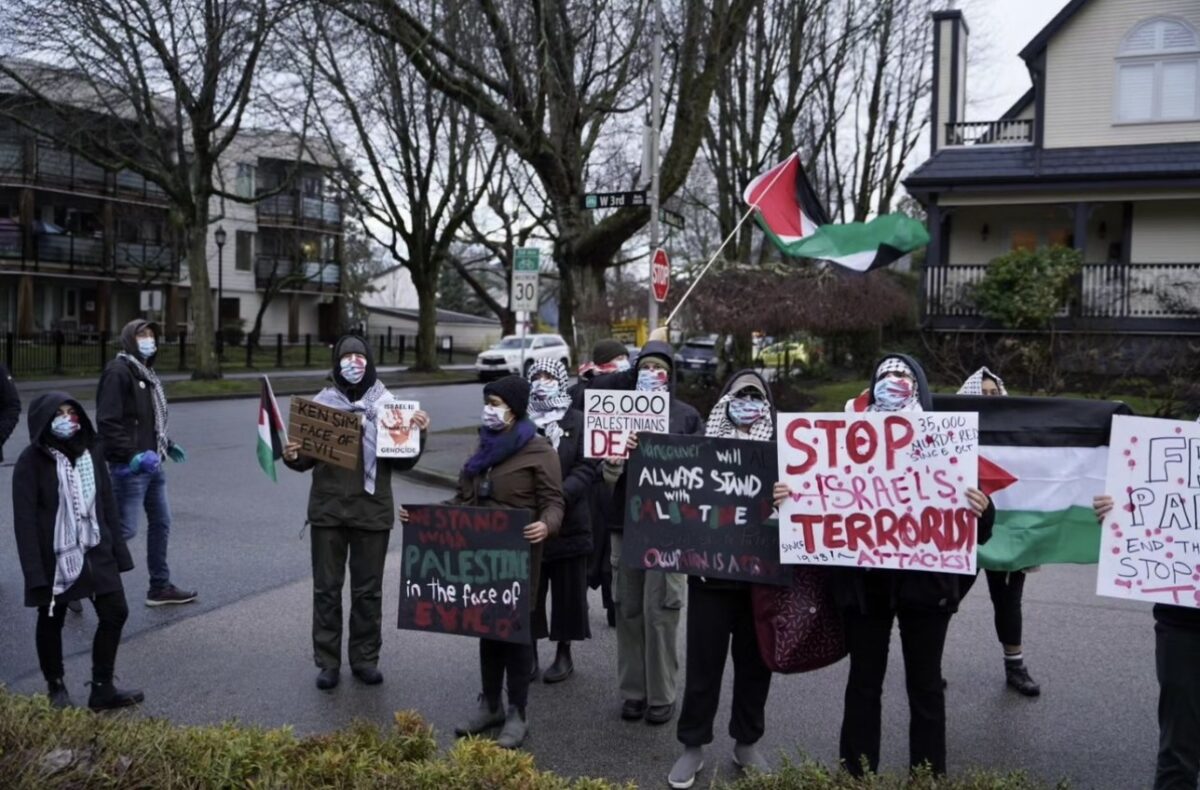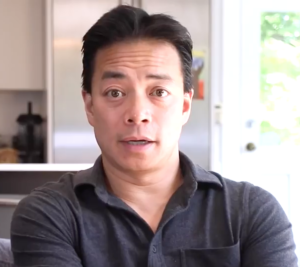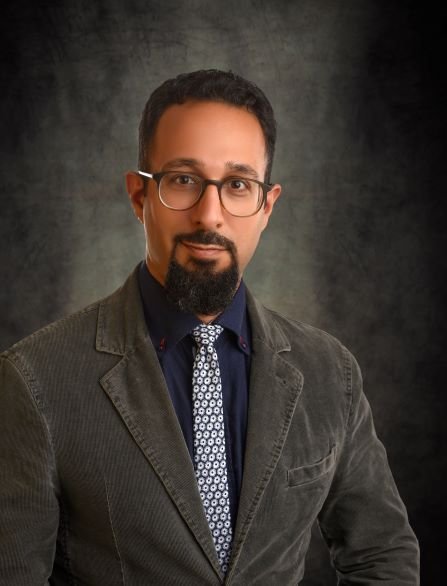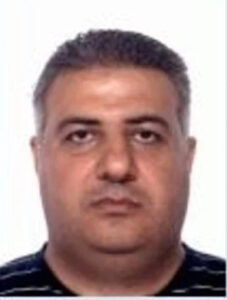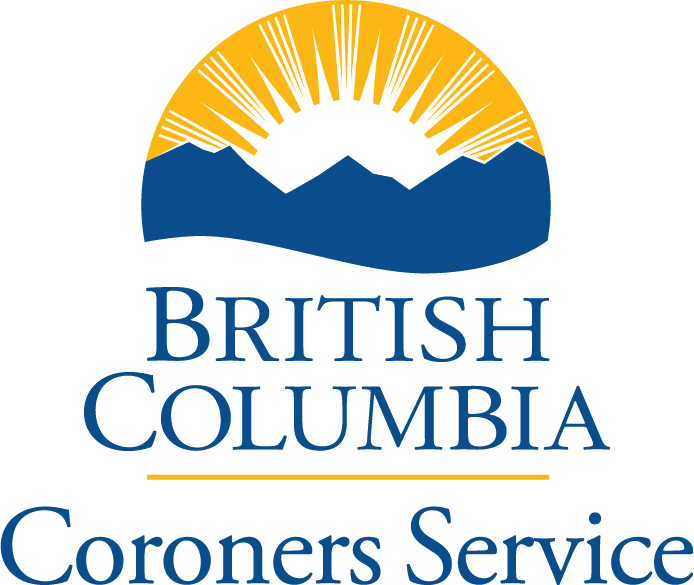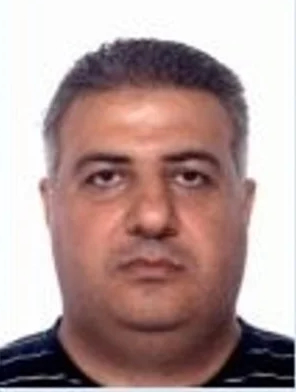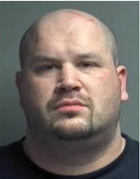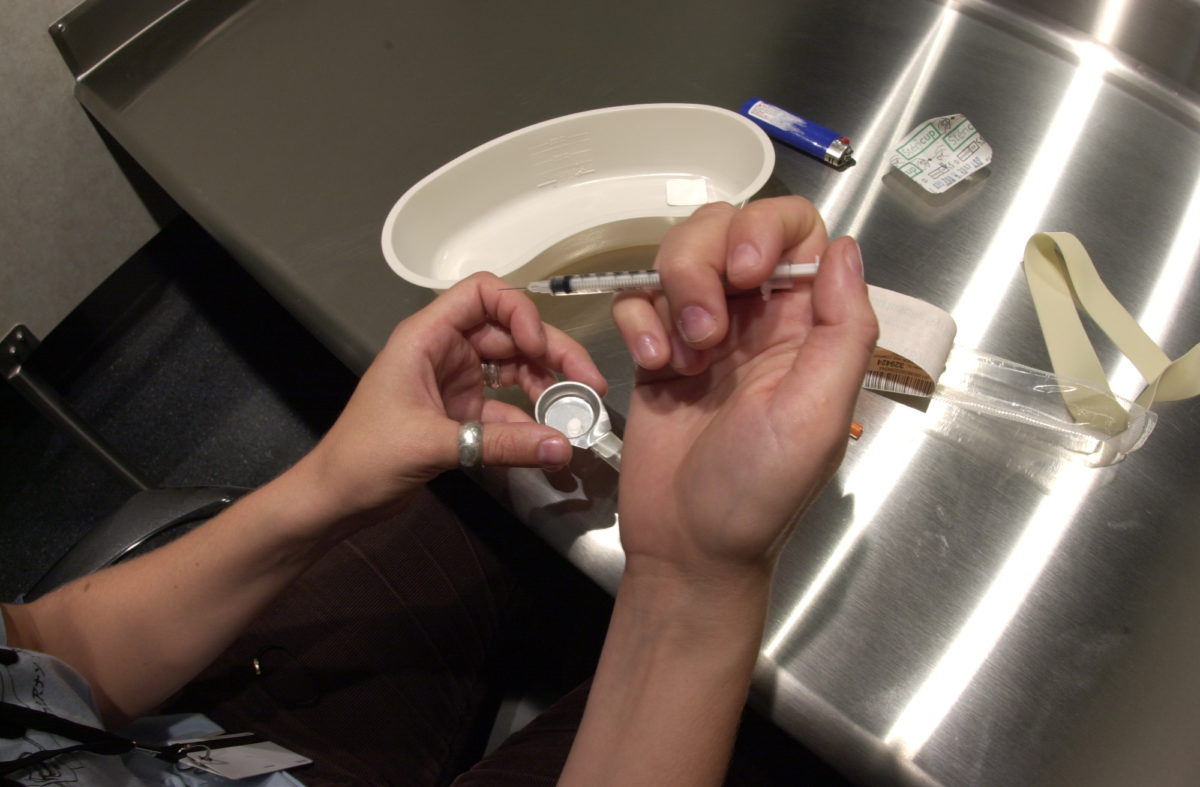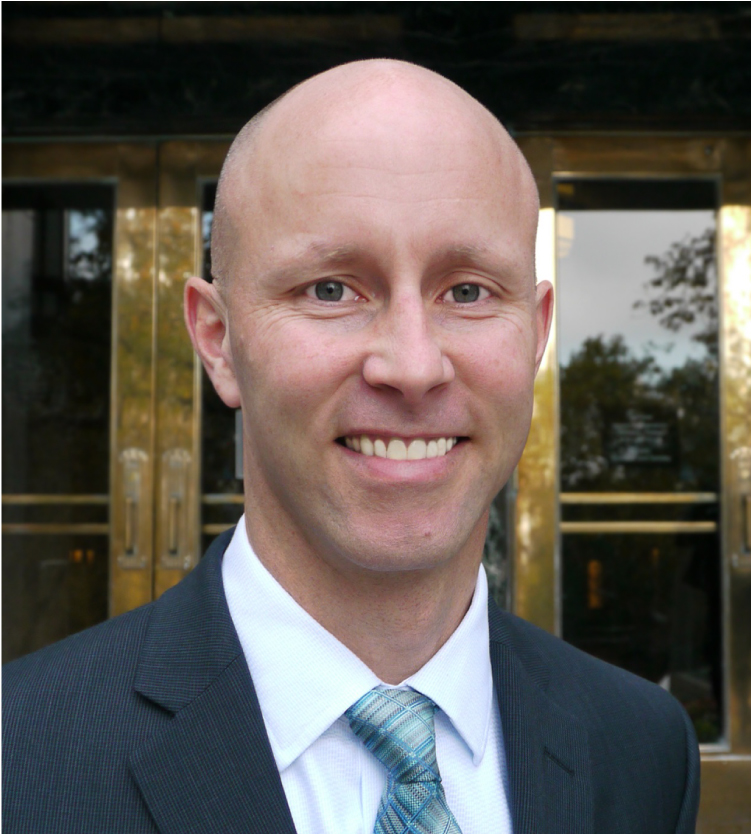Seven World Cup matches coming to B.C. Place in 2026
Bob Mackin
Mark Saturday, June 13, 2026 on your calendar, for the first of seven FIFA World Cup 26 matches at B.C. Place Stadium.
FIFA announced the match schedule for the next men’s World Cup during a live broadcast from Miami on Feb. 4.

FIFA’s 2026 World Cup logo for Vancouver (FIFA)
The Vancouver Whitecaps will make in way in 2026 for a grass pitch to be installed at B.C. Place for group stage matches on June 13, 18, 21, 24 and 26, a round of 32 knockout match on July 2 and a group of 16 elimination game on July 7. Canada will play in two of the group matches at B.C. Place, June 18 and 24.
Opponents will not be known for two years. Only three nations have qualified for the 48-nation tournament — from Canada, U.S. and Mexico. Most of the rest will be determined by November 2025, but final, wildcard berths will be set more than two years from now in March 2026. Likewise, the date for ticket sales is to be announced.
The tournament kicks-off June 11, 2026 in Mexico City’s Azteca Stadium, site of the 1970 and 1986 World Cup finals.
SoFi Stadium in Los Angeles will host the first match in the U.S. on June 12, 2026.
When the U.S. hosted the World Cup for the first time in 1994, it ended with Brazil’s penalty kicks victory at the Rose Bowl.
Toronto’s BMO Field, the smallest stadium in the tournament, hosts Canada’s opening match and an opponent to be determined on June 12, 2026. Another five matches, including a round of 32 match, are scheduled for the home of Toronto FC.
Seattle’s Lumen Field will host six matches, two of which will be in knockout rounds.
Quarterfinals are going to Boston, Kansas City, Los Angeles and Miami, semifinals to Atlanta and Dallas and the bronze medal match in Miami.
New Jersey’s MetLife Stadium is the site of the July 19, 2026 championship final.
The schedule announcement was co-hosted by Argentine-American play-by-play caller Andres “Goooooaaaaal” Cantor, American comedian Kevin Hart and American Fox Sports host Jenny Taft, with FIFA president Gianni Infantino.
It also featured West Vancouverite Victor Montagliani, a FIFA vice-president, and Toronto rapper Drake.
The 104-match tournament will primarily take place in the U.S., which boasts the biggest, most-modern stadiums. Under the originally planned 80-match format, the 11 U.S. cities, including Seattle, were allotted 60 matches, Vancouver and Toronto were to split 10 matches and Mexico City, Monterrey and Guadalajara the other 10.
B.C. Place gets one more match than Toronto, because it has a higher capacity. Lumen Field has even more seats than B.C. Place, but it has only six matches.
Vancouver was not included in the winning three-country bid in 2018 after Premier John Horgan balked at giving FIFA a blank cheque and the tri-country bid organization refused to negotiate more favourable terms to B.C.
Horgan changed his mind in 2021 when Montreal withdrew due to its concern over high costs for taxpayers.
City of Vancouver is responsible for the $230 million hosting budget. B.C. Place Stadium will undergo renovations, but the NDP government has not announced the budget. There will also be extra costs for security.
FIFA reported record gross revenue of US$7.6 billion for the 2019-to-2022 cycle and forecast US$11 billion for the 2023-to-2026 period. It relies on local markets to pay the costs for the World Cup.
Support theBreaker.news for as low as $2 a month on Patreon. Find out how. Click here.
Bob Mackin Mark Saturday, June 13, 2026 on









